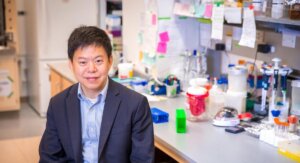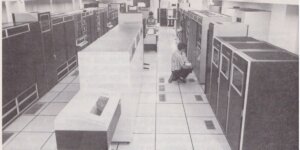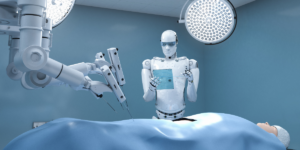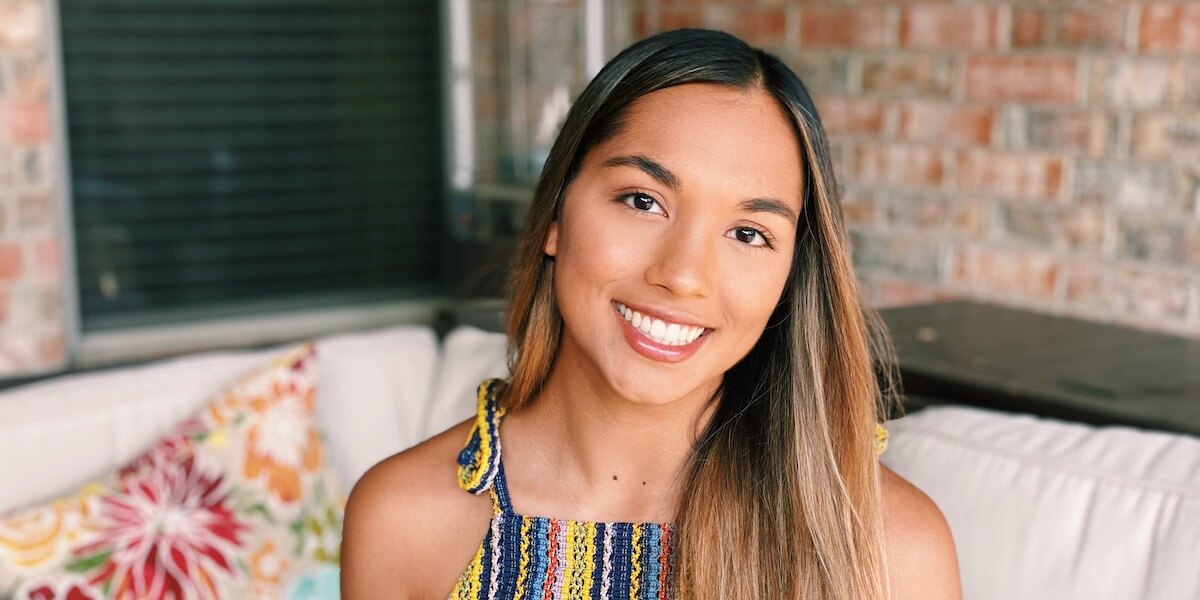
Julia Sircar, 2020 graduating senior in the Daniel J. Epstein Department of Industrial & Systems Engineering.
Julia Sircar recently woke to an urgent message from Naj Meshkati, professor of civil and environmental engineering and industrial and systems engineering.
Could she join a Zoom meeting to take part in a new initiative to address COVID-19? The catch: The meeting was taking place in just minutes and would include top engineering minds from around the world, all working to solve our most urgent challenges.
For Sircar, a graduating senior in the USC Viterbi School of Engineering, there was no hesitation.
Sircar is part of USC Viterbi’s Grand Challenge Scholars Program, co-founded by USC Viterbi Dean Yannis C. Yortsos, which has partnered with the National Academy of Engineering on an urgent call to action for solutions on COVID-19.
The call to action led to the launch of a virtual incubator where engineers can submit projects to support public health efforts in the global crisis. Sircar’s role is a very important one. She and fellow seniors Soraya Levy and Rosie Halpin — all students in the Daniel J. Epstein Department of Industrial & Systems Engineering, along with Aerospace and Mechanical Engineering senior Celeste Goodwin — are part of an assessment panel, the first point of contact for project submissions. The panel then screens the proposals for further consideration by the group.
“It evolves week to week as the coronavirus crisis changes, but the main issues we’ve been looking at include how we can scale up production of PPE (Personal Protective Equipment); N95 masks, ventilators and things like that,” Sircar said. “More recently, the concern is less about PPE and more about testing; how we can scale up testing in response to White House Office of Science and Technology Policy’s set of priorities.”
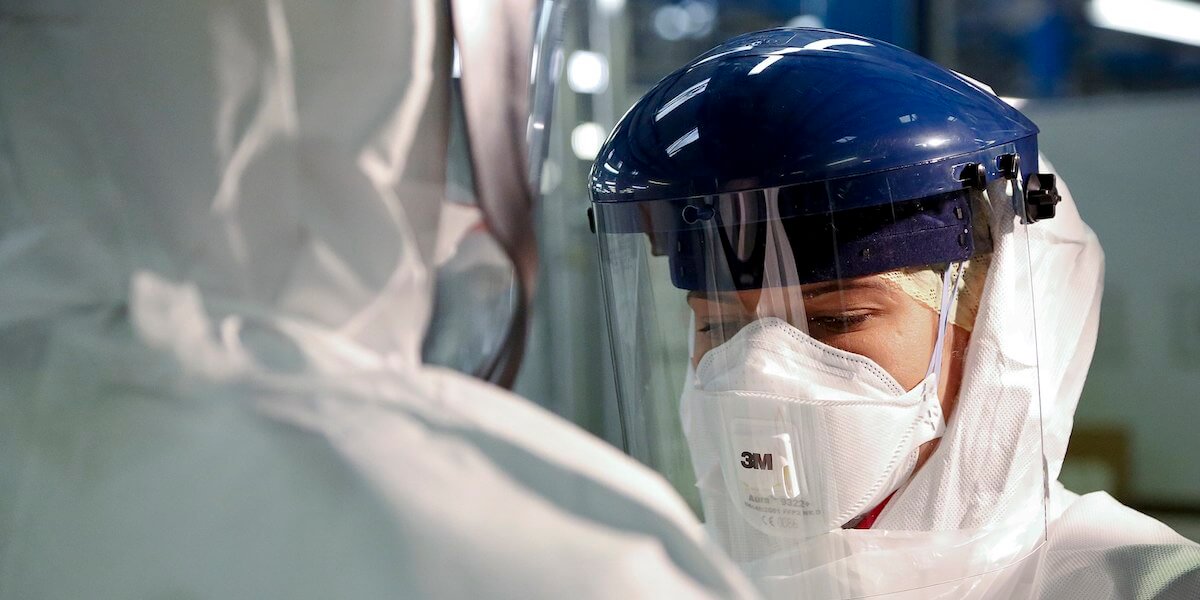
Sircar’s work has involved assessing COVID-19 engineering projects, including many that are addressing PPE shortages. IMAGE/Wikimedia Commons
Now that states are looking into how to reopen their economies, Sircar said this could lead to some interesting new prospective projects, particularly around contact tracing and how to increase testing and make at-home test kits available to communities.
In Sircar’s mind, engineers have a wealth of skills and knowledge to offer in the current crisis; and not just from a technical standpoint, but also in devising physical solutions.
“Any engineer can really work to reduce and combat the spread of misinformation and encourage the spread of good social distancing practices,” she said. “We have a lot of power to make sure that as many people as possible are informed about the risks and preventative measures that need to be taken.”
With seniors unfortunately required to finish the final months of their degrees remotely, Sircar said that the COVID-19 committee had been a welcome opportunity to make a positive contribution.
LISTEN: Sircar describes her experiences contributing to the COVID-19 efforts.
Growing up in Dallas, Texas, Sircar had always seemed destined to embark on a career path that made the most of her passion for math. She comes from a family of engineers, including her father. However she wasn’t necessarily the typical young future engineer that loved to break things apart and rebuild them.
“I was more of the child who was super interested in finding expressions of math in everyday life,” Sircar said. “I remember being really interested in the number pi when I was in middle school and trying to find different expressions of pi in nature — seeing it in shells and in flower petals.”
After being inspired by her older cousin, who was studying environmental engineering, Sircar’s love of math led her to her specialization: industrial and systems engineering, mainly because when she looked in the handbook, it offered the most options for applying mathematics to everything from financial and economic scenarios, to data analytics and more.
“The whole reason I wanted to be an engineer was to study math and to be able to apply math to solve real world challenges,” Sircar said. “But I’ve also been able to take courses I never expected to take, like learning how to manage big data, which is so important today.”
Sircar kept herself busy as president of her sorority Tri Delta, during which time they won the Trojan Greek Award for diversity and inclusion, one of the highlights of her time at USC. Sircar also took the opportunity during her degree to work as a Freshman Academy coach, providing mentorship support to new students. This is where Meshkati, who encouraged her work with the Grand Challenges Scholars Program (GCSP), first noted her leadership abilities as the coach of his freshmen students.
“She exemplifies enthusiasm, seriousness and responsiveness that you can count on and are needed for accomplishing any mission,” Meshkati said. “I am pleased and proud of her efforts on behalf of the Viterbi GCSP.”
Sircar said that the academy coaches helped her ease her own transition from school to college, which was why she wanted to help her fellow incoming students feel more comfortable living away from home for the first time and learning to take responsibility for their education.
“I’ve been an academy coach for three years and now some of my former students are academy coaches themselves or presidents of Viterbi organizations,” she said. “It’s been really rewarding to watch my students thrive, and really make Viterbi their own, which I think is the whole point of the academy program to introduce them to all the resources that Viterbi has to offer so they can figure out how to design their own path.”
LISTEN: Sircar offers some words of advice to new students.
The next step for Sircar will be a graduate job in cybersecurity consulting in the McLean, Virginia office of Deloitte, after she took part in an internship with Deloitte last summer. Sircar said that cybersecurity was something that really complemented all she had studied throughout her industrial and systems engineering degree, where she learn about how to handle data and how to make decisions from it.
“I think that companies are having to make more decisions that are based on information security and how can they protect user, customer and employee data, protect customer data. So that’s definitely been something that I’ve been really passionate about,” Sircar said.
Moving to the D.C. area, Sircar said she was really going to miss the bright, sunny days at USC, and running into her friends and professors around campus.
“I think I’m really just going to miss that supportive environment that Viterbi offers, even though I know the Trojan family network is everywhere,” she said. “I think there’s really something special about the Viterbi community, and that emphasis that Dean Yortsos puts on Engineering +, where you really are inspired and encouraged to pursue your passions outside of engineering.”
Published on May 12th, 2020
Last updated on April 14th, 2021




